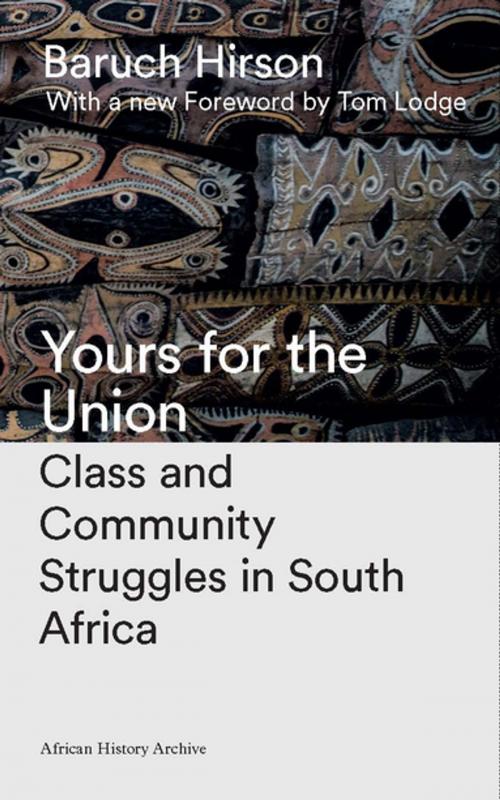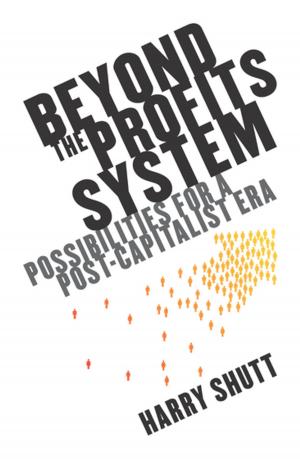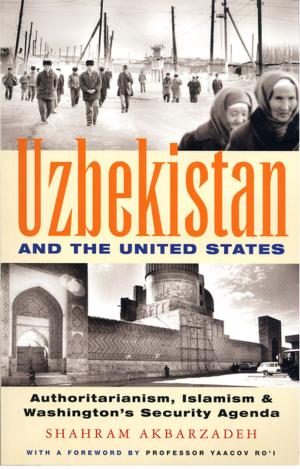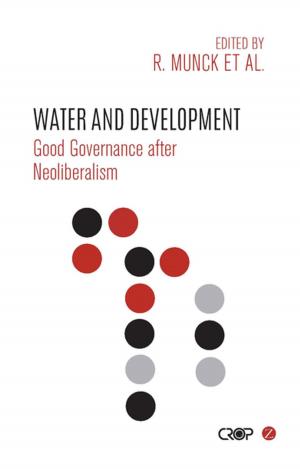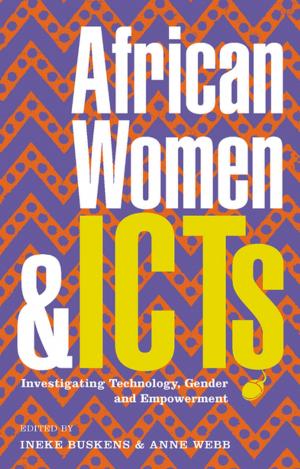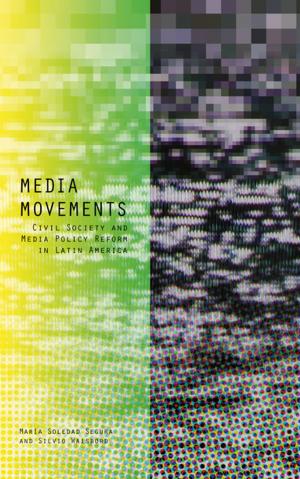Yours for the Union
Class and Community Struggles in South Africa
Nonfiction, History, Africa, South Africa, Reference & Language, Education & Teaching, Higher Education| Author: | Baruch Hirson | ISBN: | 9781783609819 |
| Publisher: | Zed Books | Publication: | February 15, 2017 |
| Imprint: | Zed Books | Language: | English |
| Author: | Baruch Hirson |
| ISBN: | 9781783609819 |
| Publisher: | Zed Books |
| Publication: | February 15, 2017 |
| Imprint: | Zed Books |
| Language: | English |
*Yours for the Union *stands as a landmark history of the making of the black working class in South Africa. Drawing on a wide range of sources, it covers the crucial period of 1930–47, when South Africa's rapid industrialisation led to the dramatic growth of the working class, and uncontrolled urbanisation resulted in vast shanty towns which became a focal point for resistance and protest. Importantly, Hirson was one of the first historians to go beyond the traditional focus on the mines and factory workplaces, broadening his account to include the lesser known community struggles of the urban ghettoes and rural reserves.
Written by an author with first-hand involvement in South African labour struggles, Yours for the Union broke new ground with its account of the effort to mobilise urban squatters, domestic workers and rural peasants, and remains an indispensable resource for the study of the South African labour movement.
*Yours for the Union *stands as a landmark history of the making of the black working class in South Africa. Drawing on a wide range of sources, it covers the crucial period of 1930–47, when South Africa's rapid industrialisation led to the dramatic growth of the working class, and uncontrolled urbanisation resulted in vast shanty towns which became a focal point for resistance and protest. Importantly, Hirson was one of the first historians to go beyond the traditional focus on the mines and factory workplaces, broadening his account to include the lesser known community struggles of the urban ghettoes and rural reserves.
Written by an author with first-hand involvement in South African labour struggles, Yours for the Union broke new ground with its account of the effort to mobilise urban squatters, domestic workers and rural peasants, and remains an indispensable resource for the study of the South African labour movement.
